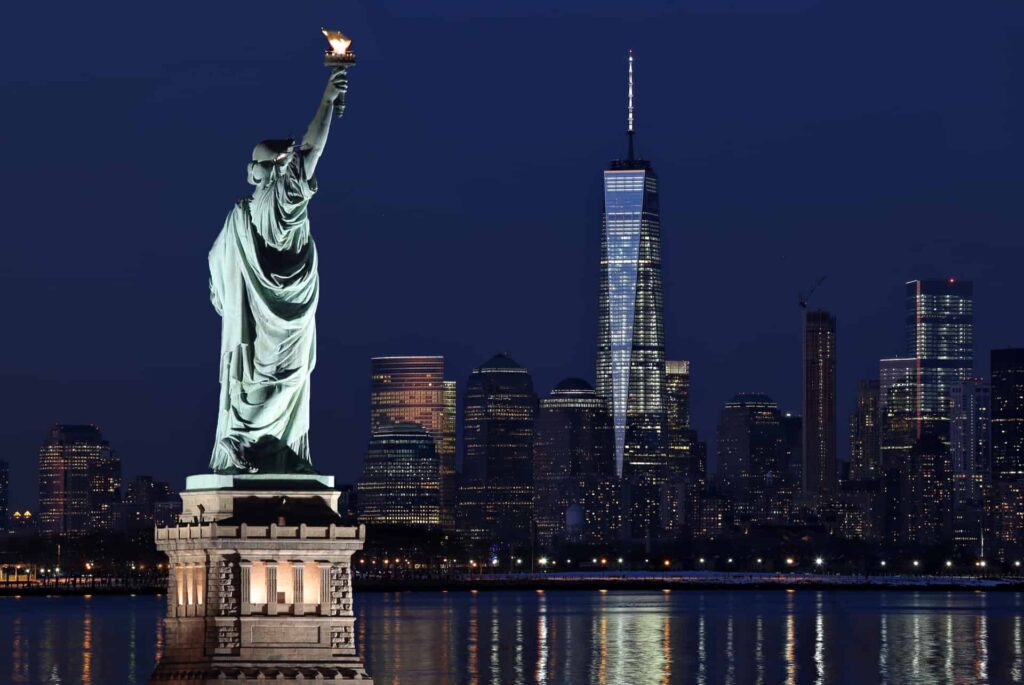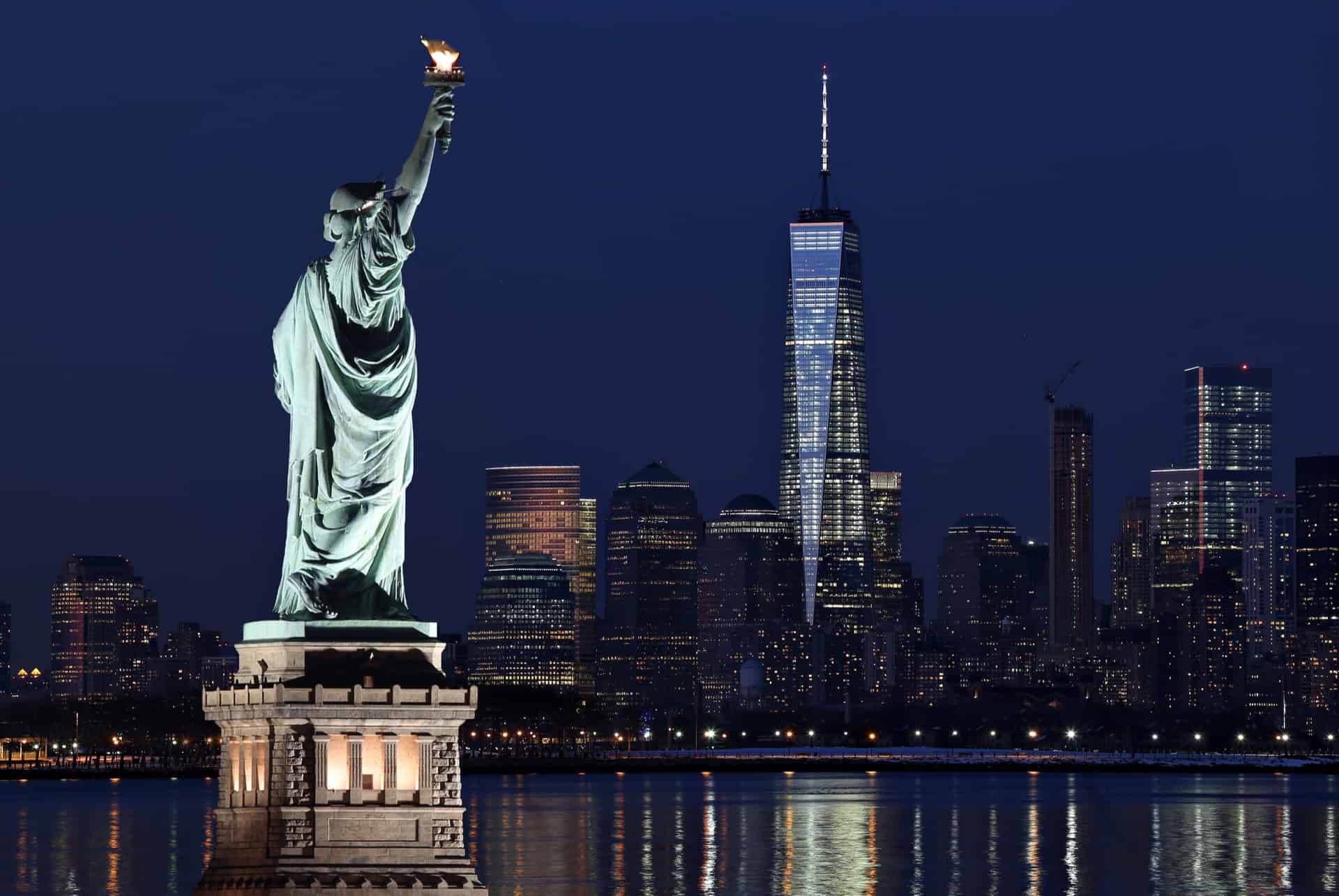
Liberté: Exploring the Enduring Significance of Freedom
Liberté, the French word for freedom, resonates deeply within the human spirit. It represents the fundamental right to self-determination, autonomy, and the pursuit of one’s own path without undue constraints. Throughout history, the concept of liberté has been a driving force behind revolutions, social movements, and the ongoing quest for a more just and equitable world. This article delves into the multifaceted nature of liberté, examining its historical context, philosophical underpinnings, and its continued relevance in contemporary society.
The Historical Roots of Liberté
The idea of liberté is interwoven with the historical tapestry of human civilization. From the ancient Greek philosophers who debated the nature of political freedom to the Enlightenment thinkers who championed individual rights, the pursuit of liberté has been a constant theme. The French Revolution, with its rallying cry of “Liberté, égalité, fraternité,” stands as a pivotal moment in the history of liberté. This revolution, fueled by a desire to overthrow an oppressive monarchy and establish a society based on the principles of freedom, equality, and brotherhood, profoundly impacted the course of European history and inspired movements for liberté around the globe. [See also: The French Revolution: A Turning Point in History]
The American Revolution, preceding the French Revolution, also contributed significantly to the evolving understanding of liberté. The colonists’ fight for independence from British rule was rooted in a belief in the inherent rights of individuals to govern themselves and to be free from unjust laws and taxation. The Declaration of Independence, with its proclamation that all men are created equal and endowed with certain unalienable rights, including liberté, remains a powerful statement of the ideals that underpin democratic societies.
Philosophical Perspectives on Liberté
Philosophers have grappled with the concept of liberté for centuries, exploring its various dimensions and complexities. One key distinction lies between negative and positive liberté. Negative liberté refers to freedom from external constraints, such as government interference or coercion. It emphasizes the importance of individual autonomy and the right to be left alone. Positive liberté, on the other hand, refers to freedom to pursue one’s own goals and to realize one’s full potential. It emphasizes the importance of access to resources, opportunities, and education that enable individuals to exercise their liberté effectively.
Thinkers like John Stuart Mill, in his influential essay “On Liberty,” argued for the importance of individual liberté as a cornerstone of a flourishing society. Mill believed that individuals should be free to express their opinions and to pursue their own lifestyles, as long as they do not harm others. He argued that the free exchange of ideas and the tolerance of diverse viewpoints are essential for intellectual progress and social advancement. The concept of liberté is not just about individual rights; it is also about the collective good of society.
Existentialist philosophers, such as Jean-Paul Sartre, emphasized the radical liberté of human beings. Sartre argued that we are condemned to be free, meaning that we are entirely responsible for our choices and actions. This freedom can be both exhilarating and terrifying, as it implies that we are constantly creating our own meaning and purpose in life. Understanding the philosophical weight of liberté provides a deeper appreciation for its significance in our lives.
Liberté in Contemporary Society
In the 21st century, the concept of liberté remains as relevant as ever. While many societies have made significant strides in protecting individual rights and freedoms, challenges to liberté persist in various forms. These challenges include government surveillance, restrictions on freedom of speech, economic inequality, and discrimination based on race, gender, or sexual orientation.
The rise of technology has presented both opportunities and challenges to liberté. The internet and social media have empowered individuals to connect with others, to share information, and to organize social movements. However, these technologies have also raised concerns about privacy, censorship, and the spread of misinformation. Maintaining liberté in the digital age requires careful consideration of the ethical and legal implications of new technologies.
Economic inequality poses a significant threat to liberté. When a large segment of the population lacks access to basic necessities such as food, housing, and healthcare, their ability to exercise their liberté is severely limited. Addressing economic inequality requires policies that promote fair wages, affordable housing, and access to education and healthcare for all. The concept of liberté extends beyond political and civil rights; it also encompasses economic and social rights.
The Importance of Education and Civic Engagement
Protecting and promoting liberté requires an informed and engaged citizenry. Education plays a crucial role in fostering critical thinking skills, promoting understanding of democratic principles, and empowering individuals to participate in the political process. Civic engagement, such as voting, volunteering, and advocating for social change, is essential for holding governments accountable and ensuring that the rights and freedoms of all citizens are respected. The fight for liberté is an ongoing process that requires constant vigilance and active participation.
The Role of International Organizations
International organizations, such as the United Nations, play a vital role in promoting liberté and human rights around the world. These organizations work to monitor human rights violations, to provide humanitarian assistance to victims of oppression, and to promote the rule of law. International treaties and conventions, such as the Universal Declaration of Human Rights, provide a framework for protecting fundamental rights and freedoms. However, the effectiveness of these organizations depends on the willingness of individual states to uphold their commitments and to cooperate in addressing global challenges to liberté.
Conclusion: Liberté as an Enduring Ideal
Liberté is more than just a word; it is a fundamental human aspiration that has inspired countless struggles for justice and equality. While the meaning of liberté may evolve over time, its core principles remain timeless. By understanding the historical, philosophical, and contemporary dimensions of liberté, we can better appreciate its significance and work to ensure that it is protected and promoted for all. The pursuit of liberté is an ongoing journey, and one that requires the commitment of individuals, communities, and nations. The very essence of liberté is the ability to choose, to think, and to act according to one’s own conscience, within the bounds of a just and equitable society. We must all actively participate in safeguarding our liberté and the liberté of others. [See also: The Future of Democracy in a Changing World]
The spirit of liberté is what allows societies to progress and individuals to flourish. Without it, innovation is stifled, creativity is suppressed, and the human potential remains untapped. Therefore, the continuous defense and promotion of liberté should be a priority for all who believe in a better future. It is a responsibility we owe to ourselves, to future generations, and to the countless individuals who have fought and sacrificed for the freedoms we enjoy today. The enduring significance of liberté lies in its power to empower individuals, transform societies, and shape a more just and equitable world for all.

